Why Are Some People More Prone to Acne?
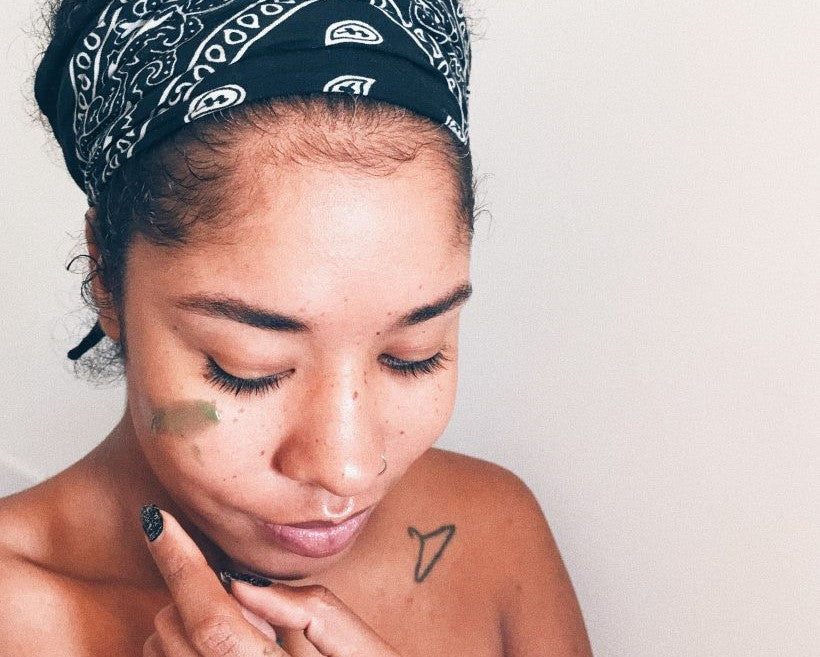
It’s no secret that most people are affected by acne at one time or another in their life. After a quick look around the room, you may start to wonder why certain people have more acne and others have none.
Some people go their whole lives with no more than a few blemishes in their early teens, while others suffer irritating acne for most of their adult life. It begs the question: are some people more prone to acne?
There isn't one single reason why some people are more prone to acne than others, but there are many factors that come into play. For instance, genetics play a large role in who does and does not get acne.
Genetics
Genetics play a large role in determining who does and who doesn’t get acne. Chances are that if your parents or siblings suffer from acne, you probably have it too. Your genes influence how sensitive your skin is to hormonal and environmental factors. They also indicate your skin’s resistance to bacteria and inflammation that causes acne.
Hereditary diseases, allergies and hormone balances are all influenced by genetics that can influence your skin’s resilience to acne. First degree relatives tend to be the highest determiner of whether you’ll get acne, but there are other factors as well.
Hormones
The biggest culprit for acne is hormones. People develop acne in their early teens due to fluctuations in their hormones, and some carry this problem throughout their adult life. For the first time, young men’s and women’s bodies alike are flooded with sex hormones including androgens—the hormones most associated with acne. Androgens, also known as “male hormones,” are present in both men and women and are produced in the sex organs. They’re produced by the testes, ovaries and adrenal glands.
When this hormone skyrockets in men at a young age, they may develop acne in their teens into their early twenties. Women may develop acne throughout their lives as their hormones fluctuate with their menstruation cycle. This is why women typically endure acne further throughout their life than do men.
PCOS
According to the National Center for Biotechnology Information, women who suffer from acne past their mid-twenties may have a health condition called PCOS, or poly cystic ovarian syndrome. This is a condition that is caused by an imbalance of female sex hormones. Women with PCOS have higher androgen levels compared to estrogen and progesterone. The origin of this condition is not entirely clear, but the imbalance inhibits a woman’s ovaries from releasing eggs, and instead the ovaries form very small cysts.
Doctor’s may test for PCOS if you have irregular or nonexistent periods and thicker body hair growing around the chest, naval area or face. If you have these symptoms in combination with thinning hair on your head and acne, your doctor will take a blood test and may prescribe medication for PCOS.
Hashimoto’s Thyroiditis
According to the University of Rochester Medical Center, Hashimoto’s disease is another common autoimmune disorder in women that affects the thyroid. The thyroid is one of the biggest hormone producing glands in the body, and an underactive thyroid means imbalanced hormones. People who suffer from this disorder have dry skin, are more prone to hives, and are more likely to have premenstrual acne. This can cause hormones to fluctuate or underperform because the thyroid can’t keep up with demand, and this may ultimately lead to acne.
Diabetes
Any illness that decreases your insulin resistance will make you more susceptible to acne. If you have diabetes or you’re easily influenced by blood sugar spikes, you may have to change your diet. High glycemic foods like white bread, white rice and foods with artificial sugars are difficult for your body to digest, which in turn raises insulin levels. Not only is this bad for your diabetes—it also damages your skin. High insulin levels increase sebum production and will lead to more acne.
Medications
Any medications and drugs that can influence your hormones may also influence your acne. Birth control, some antipsychotics, anti-seizure medication and steroids are all fitting examples of drugs that manipulate hormones and cause acne.
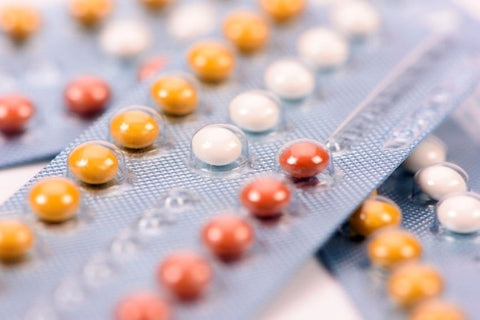
Other Reasons
Some people are more prone to acne than others, but in many ways acne can usually be helped.
Even if it doesn’t completely clear your acne woes, you can at least incorporate new habits into your routine to help control the problem.
Exercise
Exercise increases circulation, which is important to skin health. Increased blood flow brings oxygen and nutrients to skin while carrying away cellular debris.

Diet
It’s well known that diet is directly related to skin health. If you suffer from mild acne, you may need to rethink what you eat. Unfortunately, a lot of our meat and produce is engineered with additional chemicals and artificial hormones. These chemicals can manipulate hormones in the body and create symptoms similar to hormone-related illnesses. Try to eat organic produce and meat to keep your insides healthy. Also increase your intake of vitamin-rich foods like fish, leafy greens and fruit. Keep a balanced diet and cutback on sugar to nourish skin, prevent inflammation, and avoid excess sebum production.
Not Washing Clothes Frequently Enough
Dirty clothing plays a key role in the development of acne. If you go to the gym, undress as soon as possible when you’re finished. Your sweat becomes a breeding ground for bacteria and gets trapped in unbreathable clothing. Wash all your clothing regularly with unscented detergent to prevent irritation.
Stress
Your mind affects your matter. Stress is known to reduce insulin resistance, increase fatigue and negatively affect sleep. All of these factors make skin dull and more susceptible to acne.
Some people are more susceptible to acne than others. While this isn’t ideal, there are some things in your control that can help squash your breakout. If natural changes in routine don’t eliminate your acne, seek the help of a dermatologist for more help.

Abby Vinas
Abby Vinas has long been an active member of the holistic health community, advocating in favor of its benefits to both our physical and emotional well-being. Her commitment to leading a healthy lifestyle has made her an authority on self-care practices. Abby is passionate about fitness, nutrition, and proper skincare, and is also an avid lover of avocado toast and dog-petting.
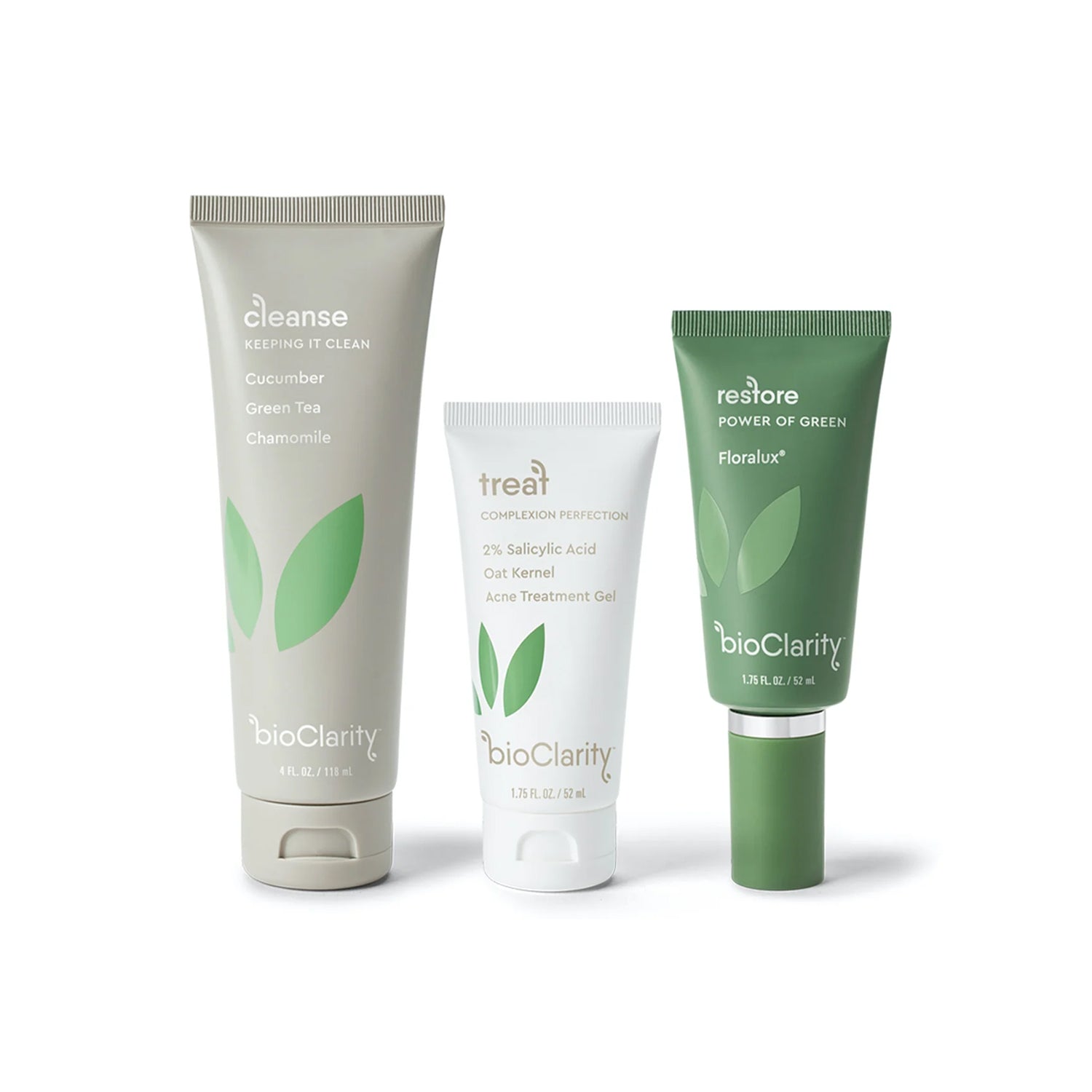
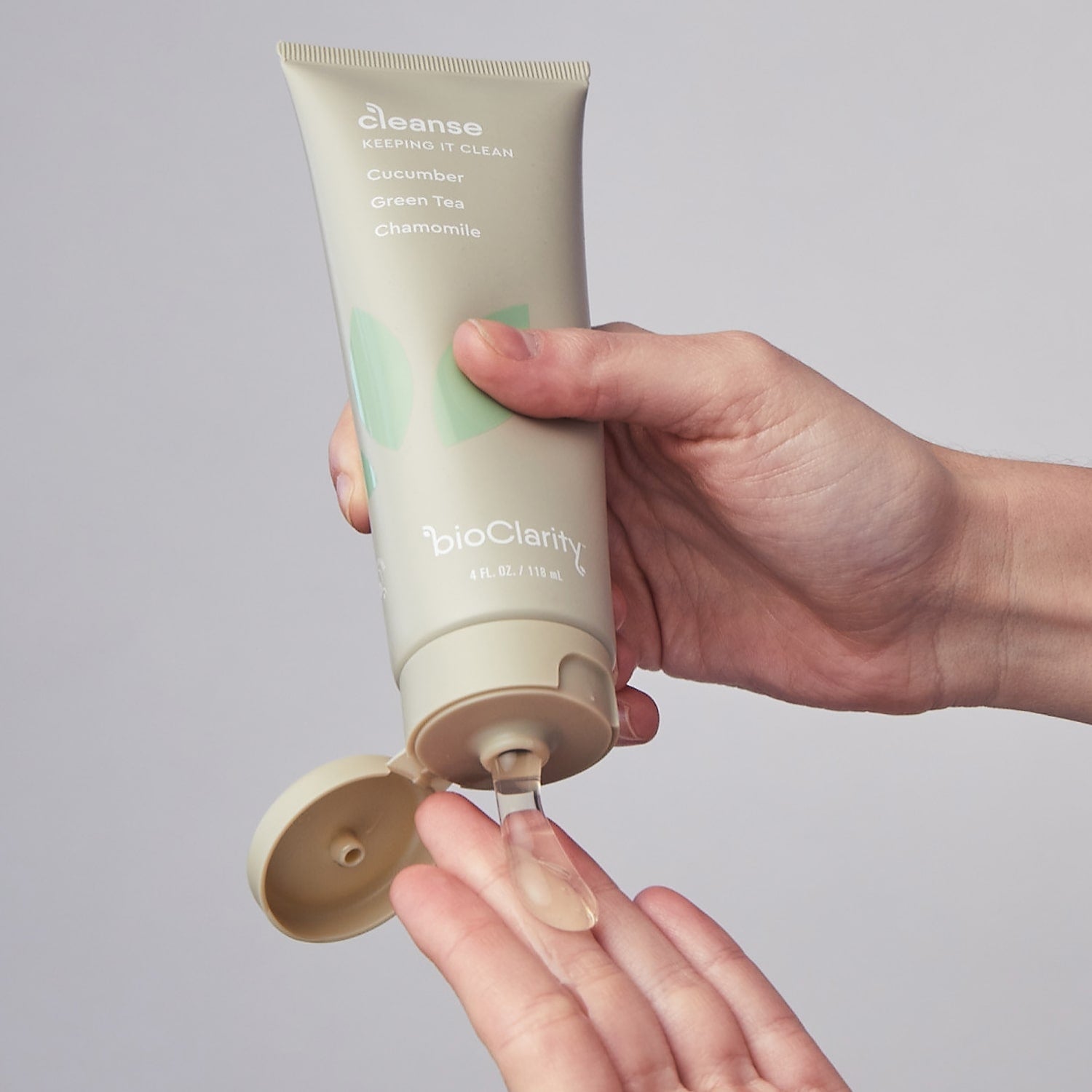
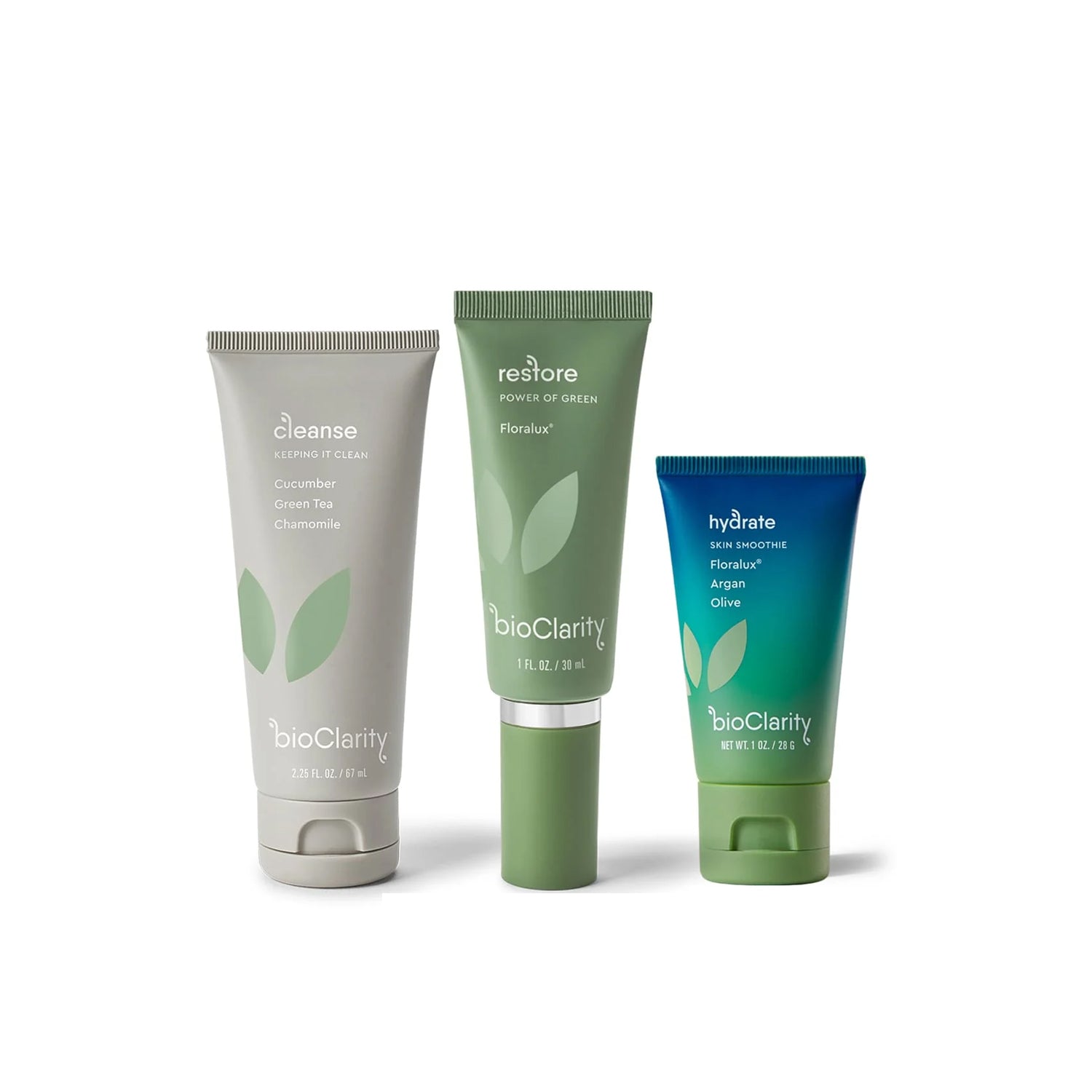
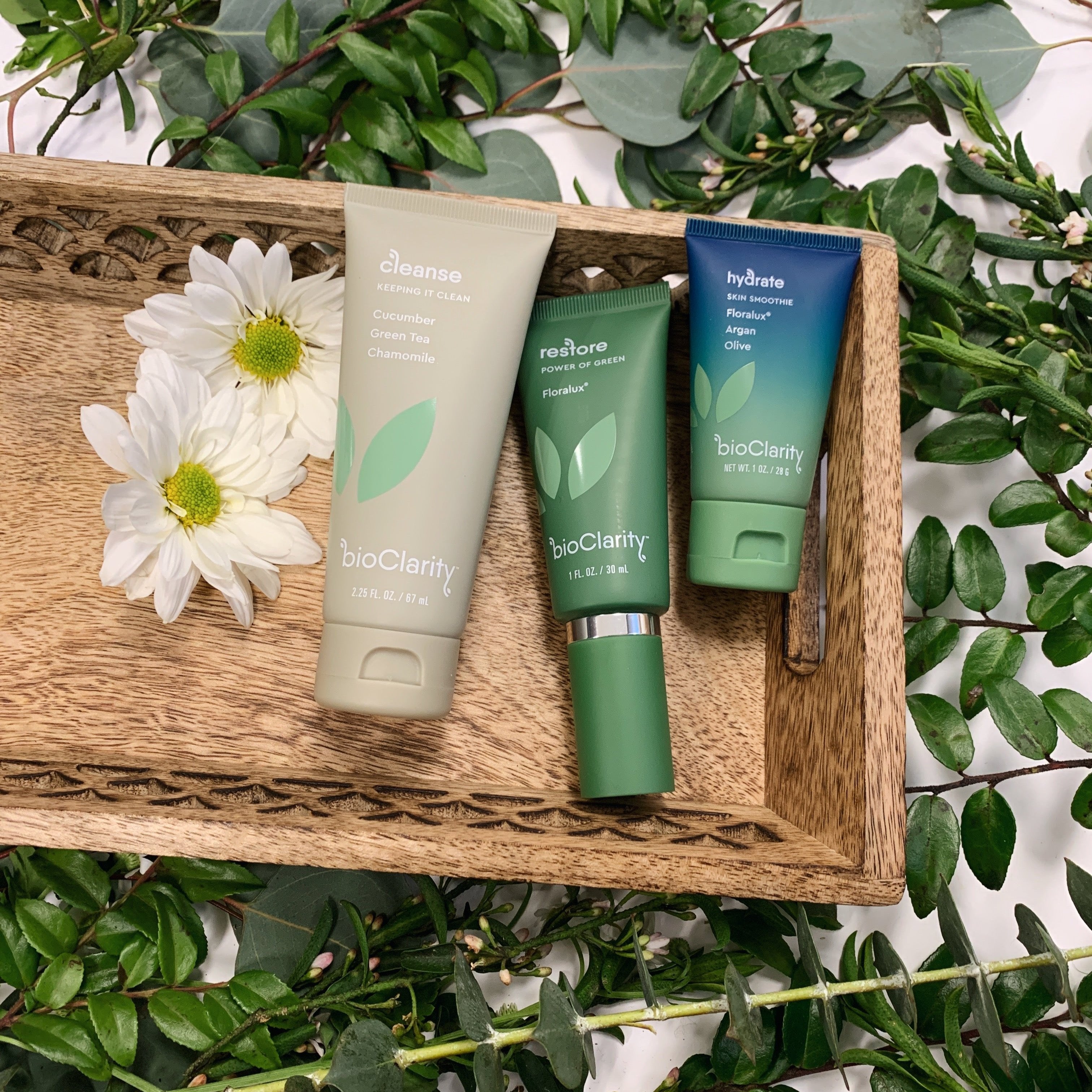
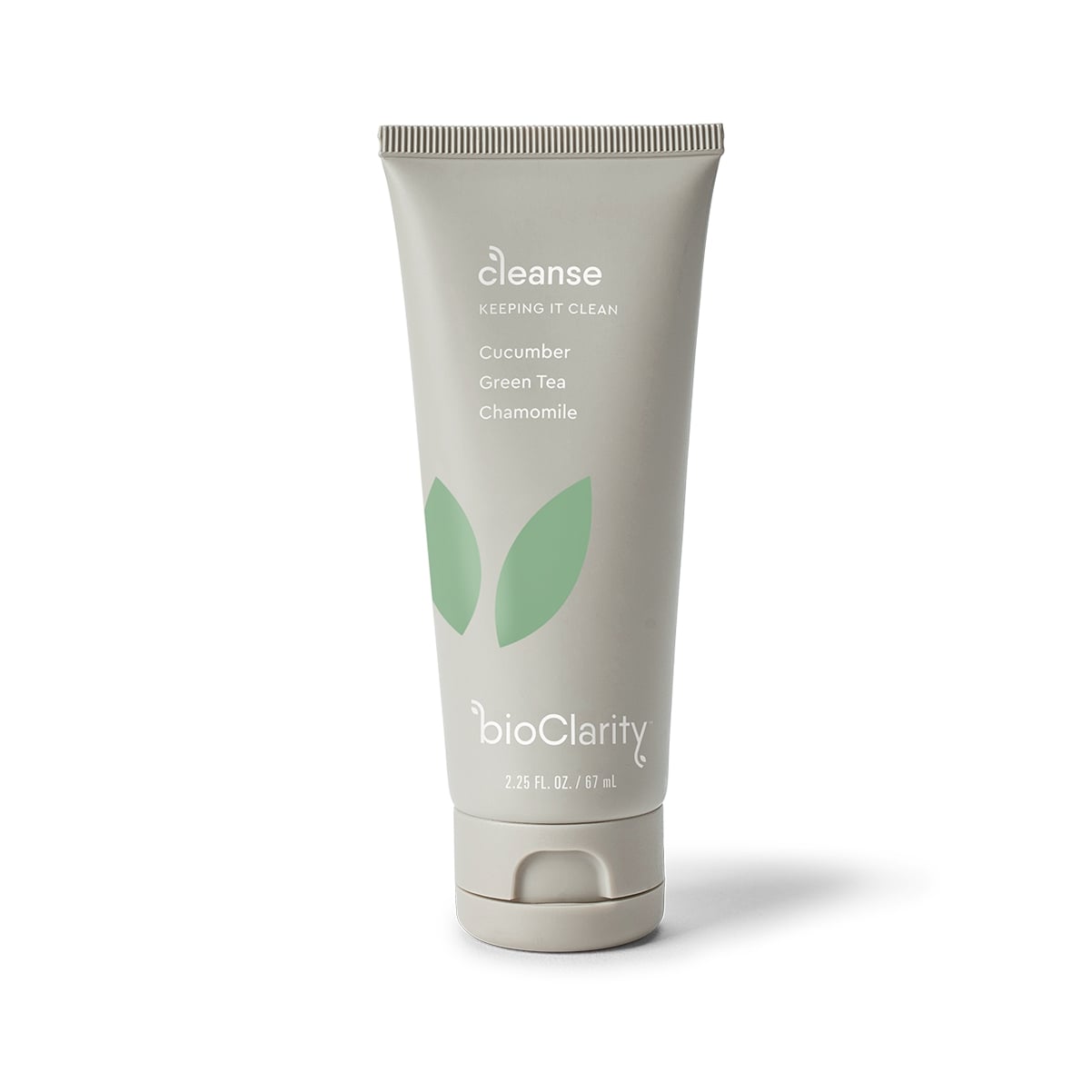
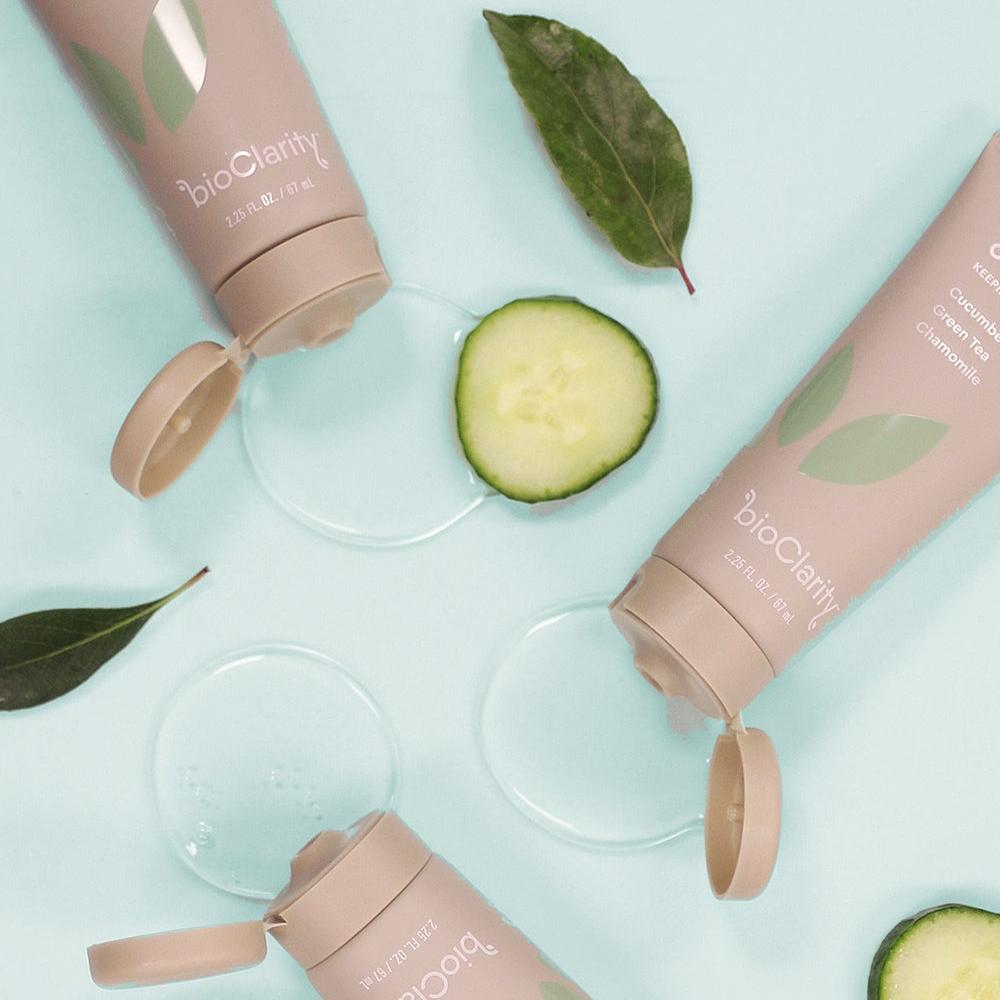


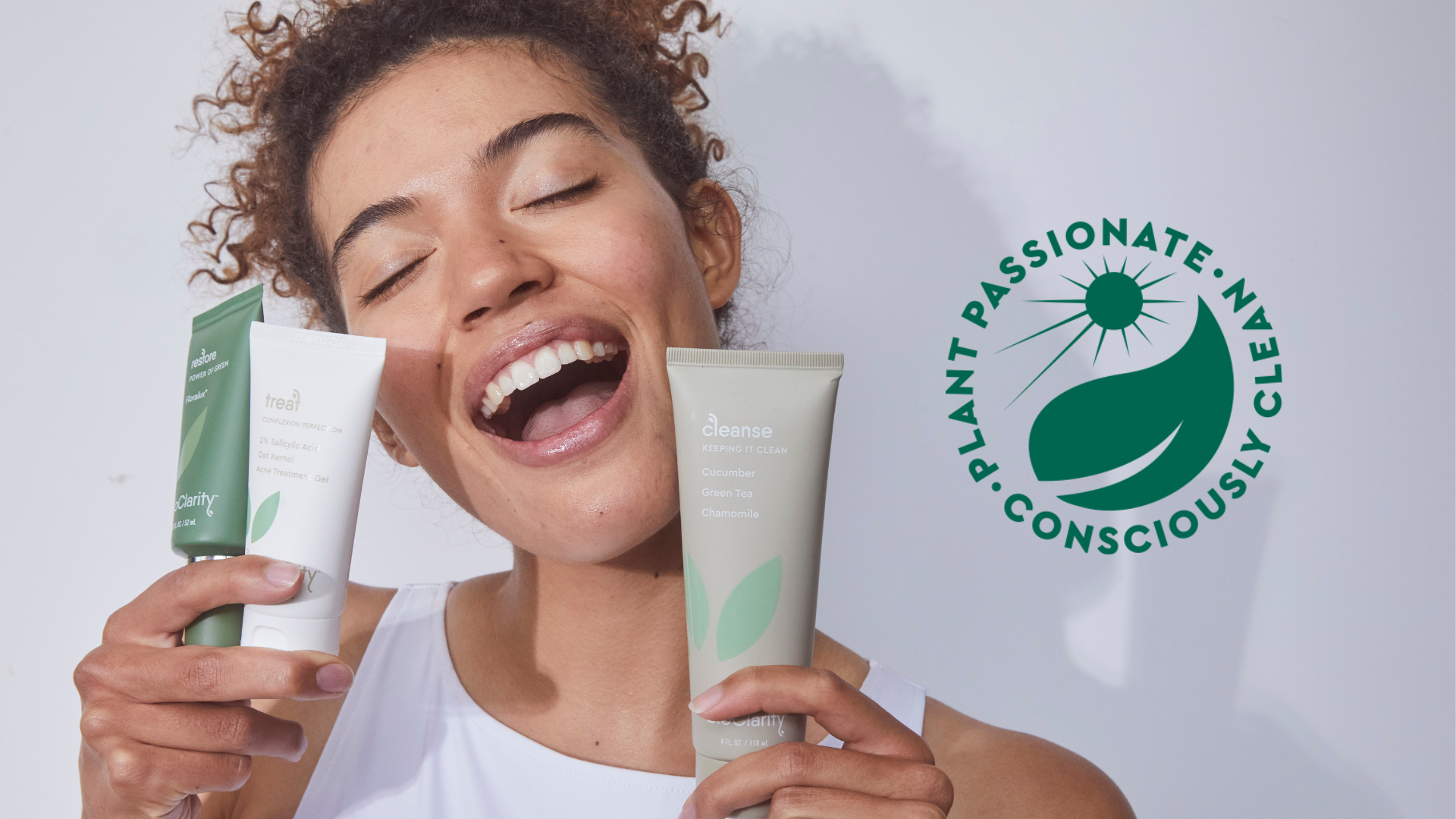
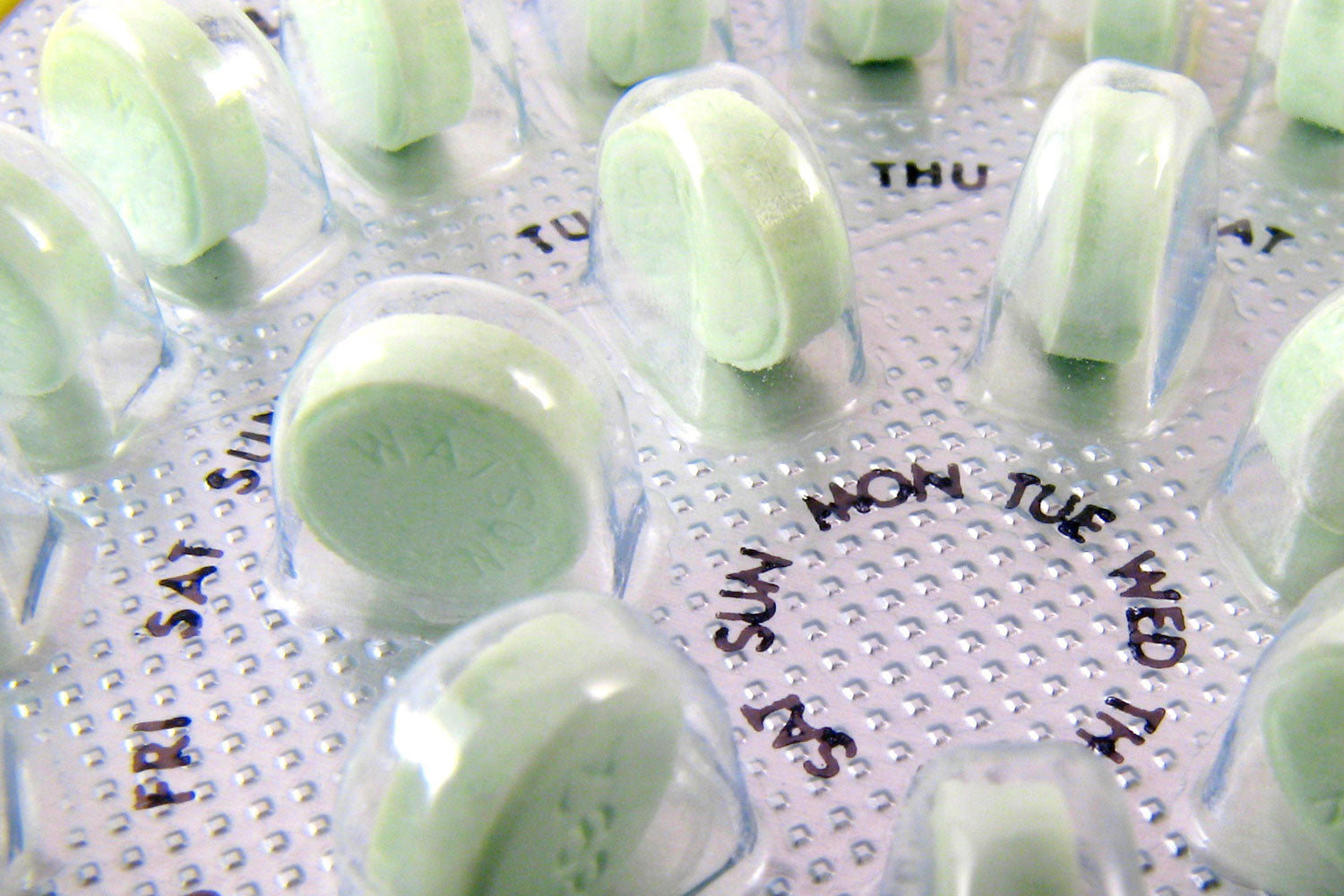
Comments
Sarah —
Is there a type of people that are resistant to acne? because my face dont have a single pimple and im 12 y.o.
And my mom told me it was because of genes.